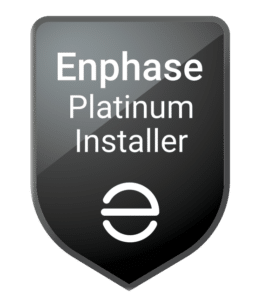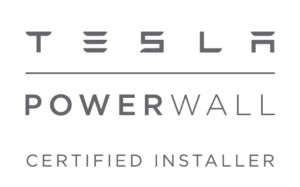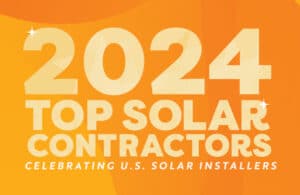
One of the biggest benefits of upgrading your eastern Massachusetts home to include solar power is the ongoing cost savings of having a free 100% renewable energy source to power your home. You can get decades of no-cost, clean electricity by scheduling solar installation with a trustworthy solar contractor.
What about the upfront costs of upgrading to solar? Luckily, there are some significant solar incentives available for homeowners and businesses in Cape Cod and the Greater Boston area who are considering making the switch to solar. The biggest incentive, without a doubt, is the federal solar tax credit, but it won’t be around forever.
Here’s why 2020 is the right year to go solar, to ensure you’ll minimize upfront costs and maximize your potential lifetime savings.
What Is the Federal Solar Tax Credit?
Officially called the Investment Tax Credit, or the Solar ITC, this solar tax credit gives homeowners a federal tax credit based on their total solar installation costs, including solar batteries.
If your residential solar project is installed and activated (put in service) by the end of 2020, you’ll qualify for a tax credit of 26% of your installation costs. This means that not only does the contract need to be signed before the end of the calendar year but your system must be placed in service as well before January 1, 2021. For commercial projects, you only have to have started by the end of the year. If your total federal tax liability doesn’t cover the entire credit, you’ll be able to roll over any remaining balance into the next tax year.
What happens if you wait till 2021 or later?
If your solar panels are installed in 2021, the tax credit is reduced to 22%, and in 2022, the credit is completely eliminated for residential installations and dropped to a permanent 10% for commercial solar installation. We encourage citizens to lobby their elected officials and exercise their voting power to fight for extensions to the solar investment tax credit, but without significant political will, this step-down schedule will persist.

How Much Does the Average Homeowner Save with the Federal Solar Tax Credit?
While every solar panel installation project is different, and will depend on the size of your home and the amount of energy you use, let’s estimate, for the purposes of illustration, that your residential solar panel installation costs $20,000. If your system is installed in 2020, you’ll qualify for a $5,200 federal tax credit (26%), bringing your costs down to $14,800. But if your panels are installed in 2021, that credit will be reduced to only $4,400.
What about Solar for Businesses?

The federal incentives for commercial solar will decrease to 22% in 2021, as well. However, businesses can “safe harbor” the 2020 rate of 26% provided that they sign a contract in 2020 and incur at least 5% of construction costs. That could be in the form of a deposit to the installer (us). Companies that safe harbor will have until 2024 to complete their project and still benefit from the 26% federal income tax credit. After 2021, the federal solar tax credit will reduce to just 10% for commercial solar installations, so now is the time to lock-in the 26% tax credit savings and get your solar project underway this year in order to maximize your ROI!
More Reasons to Install Solar and Save in 2020
The federal solar tax credit isn’t the only reason to start your solar installation project sooner rather than later. The other main solar incentive for Massachusetts homeowners upgrading to solar is the SMART program.
Under the SMART program, you’ll be paid monthly for 10 years for your solar energy production by your utility company (including National Grid, Eversource, and Unitil and some participating municipal light districts). The amount you’ll be paid is a locked-in rate depending on when you apply. Since the SMART program is set up as a declining incentive block system, the longer you wait, the lower your rate.
In addition, the Mass Solar Loan program will end on December 31, 2020. This solar loan program helps homeowners without the upfront cash upgrade their homes to solar energy with low interest, fixed rate loans when they use a pre-qualified installer like My Generation Energy. The Mass Solar Loan includes three incentives for residents including an income-based support program.
Deadline to lock-in your Federal Solar Tax Credit Savings in 2020
If you want to lock-in your 26% solar tax credit savings this year before it steps down to 22% in 2021, we recommend customers sign their contracts no later than October 1st to help ensure that their systems are placed in service by the end of the year to qualify. With delays and closures due to COVID-19, it is also a good idea to get started sooner rather than later this year to ensure you take full advantage of this tax credit before it declines.
It can be confusing to try to sort through all of the different solar incentives and figure out whether you qualify or how to apply, but with My Generation Energy, we make switching to solar easy. We’ll work with you not only to install the right solar energy system that maximizes your home’s solar potential and reduces your electricity bills, but also increases your savings through solar tax incentives, net metering, and solar financing and loans that make it easier than ever to upgrade.
If you want to save the most with solar, 2020 is the year to get started, so that My Generation Energy can help you qualify for the 26% solar tax credit and a higher SMART incentive rate.
You’ll save more by upgrading your home to solar energy in 2020. Call 508-694-6884 or contact us to learn more.





